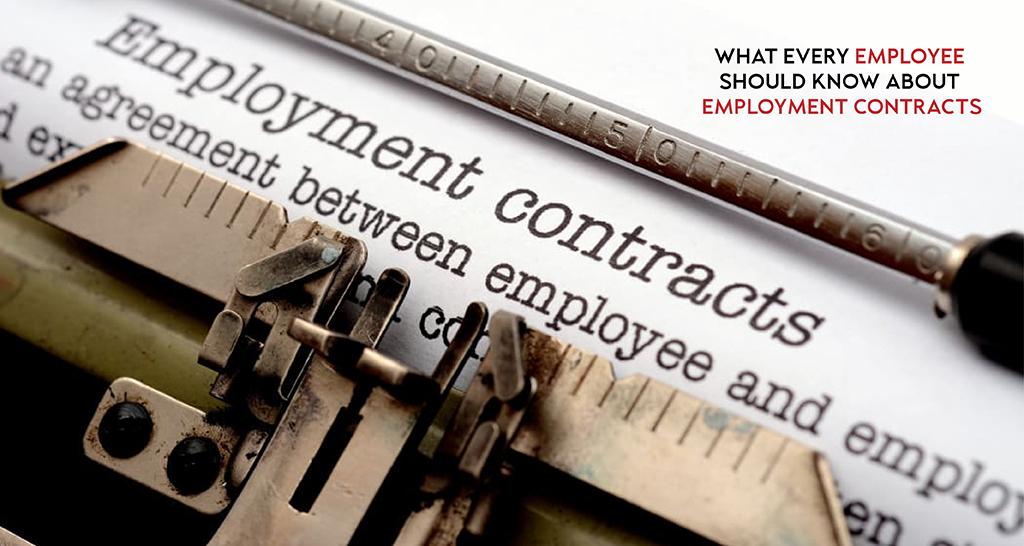You just landed that job you have been eyeing, and with it comes a bunch of paperwork, including your employment contract. It might be tempting to quickly sign on the dotted line, but hold on! That contract is super important.
It outlines exactly what you and your employer can expect from each other. This is your guide to everything from your job duties and pays to the nitty-gritty details of what happens if things don’t work out.
So, take a deep breath, grab a comfy seat, and let’s dive into what you need to know about your employment contract. Trust us, it’s worth your time.
Let’s dive right in!
Getting Familiar with the Basics of Your Employment Contract
An employment contract is a legally binding agreement between you and your employer that outlines the terms and conditions of your employment. This includes your job responsibilities, salary, benefits, and the conditions under which your employment can be terminated.
Key Components You Should Look Out For
When reviewing your employment contract, there are several key components you should pay close attention to:
Job Description and Responsibilities
Make sure the job description and responsibilities outlined in the contract match what was discussed during the interview process. Clarify any discrepancies with your employer before signing.
Pay attention to any requirements or expectations that may not have been mentioned previously. If you have any concerns about your ability to meet these expectations, it’s better to address them now rather than later.
Termination Conditions
Understand the conditions under which your employment can be terminated. This is where you need to be aware of clauses related to at will employment in California or whatever state you’re in, as these laws can vary significantly.
Some employees mistakenly think that a contract protects them from being fired without cause. However, in an at-will employment relationship, the employer can terminate employment at any time for any reason (with some exceptions).
Compensation and Benefits
Take note of the salary and benefits you’ll be receiving. Check if the contract specifies the conditions under which you’re eligible for bonuses or salary increases.
Be clear on how your performance will be evaluated and what criteria will be used to determine eligibility for additional compensation.
Make sure you understand how your benefits work, including any waiting periods, coverage options, and costs.
Duration of Employment
Some contracts may specify a fixed term for employment, while others may be open-ended. Be sure you’re aware of the duration of your employment. If it’s a fixed-term contract, find out what happens when the term ends.
Will there be an opportunity for renewal? If it’s an open-ended contract, understand the conditions under which your employment can be terminated.
Confidentiality and Non-Compete Clauses
Some contracts may include confidentiality and non-compete clauses. Make sure you understand the limitations these clauses may place on your future employment opportunities.
Common Misunderstandings About Employment Contracts
There are a few common misunderstandings that can trip employees up when it comes to employment contracts.
Verbal Agreements
If something was agreed upon verbally but isn’t in the contract, it may be difficult to enforce. Always make sure any verbal agreements are included in the written contract. After all, people change with time and situations.
Tips for Negotiating Your Employment Contract
Don’t be afraid to negotiate the terms of your employment contract. Here are a few tips to keep in mind:
Do Your Research
Research industry standards for salary and benefits to make sure you’re getting a fair deal. Look at what others in similar roles and with similar experience are earning.
Remember to consider the whole package, not just the salary. Benefits like health insurance, retirement plans, and paid time off can make a big difference in your overall compensation.
Ask Questions
If there’s something you don’t understand, ask for clarification. Don’t sign anything you’re not comfortable with. If you’re unclear about any terms or conditions, now is the time to speak up.
Your future employer should be willing to explain everything to your satisfaction. And if there’s something you’re not happy with, don’t be afraid to ask if it can be changed. You might be surprised at how flexible some employers can be.
Summing It All Up
Understanding your employment contract is a vital step in protecting your rights as an employee. If you pay attention to the key components and avoid common misunderstandings, you will set yourself up for a successful and mutually beneficial employment relationship. Remember, you have the right to fully understand your employment contract before you put pen to paper. So, take the time to read it thoroughly, and don’t hesitate to seek professional advice if needed.

